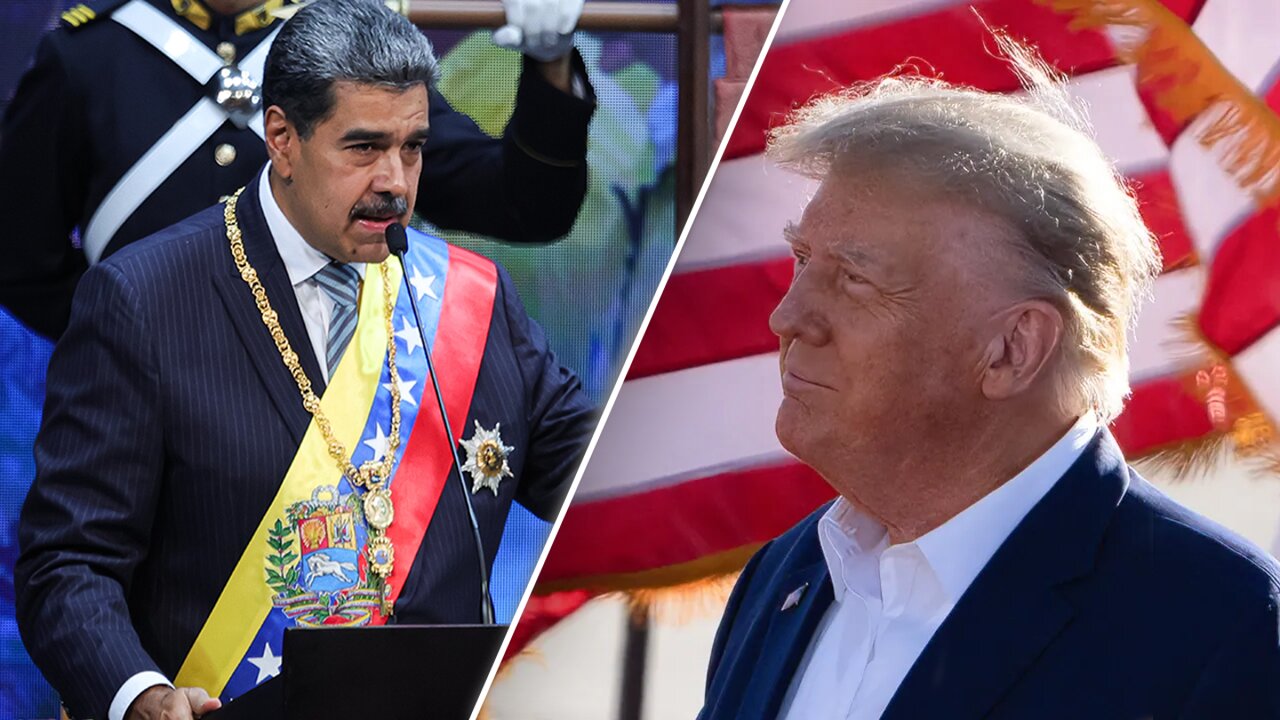Maduro blasts ‘open conspiracy’ as Trump confirms CIA directive to targeting Venezuela

Venezuela on Thursday stepped up its diplomatic push against Washington, formally asking the UN Security Council to declare recent U.S. strikes in the southern Caribbean illegal and to condemn what Caracas calls an unprecedented authorization for the CIA to carry out covert lethal operations against the country.
The letter from Venezuela’s UN ambassador, Samuel Moncada, accused U.S. forces of killing 27 people in attacks on vessels he described as civilian and transiting international waters.
With the United States holding veto power on the Security Council, however, experts say meaningful UN action is unlikely.
The New York Times reported Wednesday that the Trump administration quietly authorized the CIA to carry out covert operations in Venezuela, intensifying efforts against the country's president, Nicolás Maduro.
President Donald Trump confirmed the authorization the same day, saying he had empowered the CIA to act against Venezuela and was weighing possible land operations.
He justified the move by citing drug trafficking and claims that Caracas had sent criminals into the United States.
Speaking in Caracas on Wednesday, Maduro described Washington’s directive as an explicit act of aggression and a clear admission of regime-change intent.
The Venezuelan president said no previous U.S. administration had publicly ordered the CIA “to kill, overthrow, and destroy countries,” and denounced the authorization as an effort aimed at “attacking the peace of Venezuela.”
He insisted Venezuelans are “clear, united, and aware” and vowed to defeat what he called an “open conspiracy” against national stability.
The Associated Press reported Thursday on a purported plan for President Maduro to step down in three years and transfer power to Vice President Delcy Rodríguez.
Rodríguez swiftly rejected the claim, writing “FAKE!!” on Telegram and denouncing it as part of a psychological war, while stressing that Venezuela’s leadership remains united.
Caracas’ diplomatic bid comes amid a major U.S. military buildup in the Caribbean — described by some outlets as the largest since the 1980s — and repeated strikes on small boats Washington says are linked to drug trafficking.
Venezuela and several regional governments strongly dispute the legal and moral grounds of those operations, arguing they amount to extrajudicial killings and a violation of sovereignty.
The developments have rallied regional criticism: Colombia’s President Gustavo Petro warned of spillover risk and condemned any covert or ground actions, while Cuban President Miguel Díaz-Canel posted solidarity messages backing Venezuela’s resistance to what he called imperial aggression.
Caracas has also moved troops to its Caribbean coast and mobilized militias, portraying the measures as defensive preparations against potential escalation.
For Caracas, the episode revives a long, painful memory of U.S. covert interventions across Latin America — a history Maduro cited to argue Washington’s new public authorization is both illegal and morally indefensible.
